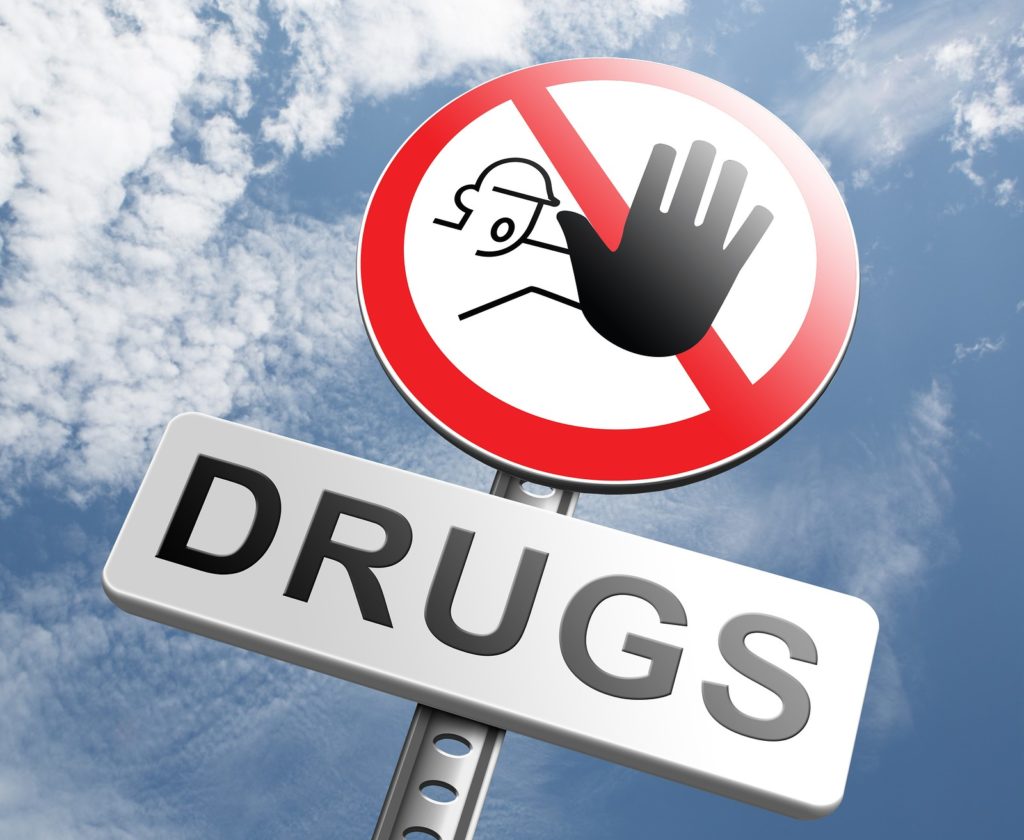The problems of substance abuse are medical conditions. It is, in fact, the use of a substance in a manner that is a nightmare to a personal relationship between the person and their family or friends, a manner that disrupts human capacity to fulfill its obligations at work, school and in the family, and leads to legal problems and risky behavior. Substance abuse, alcohol, drug, or illicit drugs, can also mean making use of a substance or consume it in ever-increasing quantity. It involves making every effort to obtain the substance, experiencing withdrawal symptoms when stopping its consumption, or the inability to stop using it or reduce the amount used.
Depressants, (e.g., Alcohol, barbiturates, benzodiazepines), stimulants (e.g., Amphetamines, cocaine, MDMA [ecstasy]), hallucinogens, (e.g., LSD), and narcotics (for ex. codeine, heroin, and morphine) are the most frequent examples of substances of abuse. Anabolic steroids are sometimes taken abusively to improve athletic performance.
The problems of substance abuse are very complex medical problems. As they affect the brain, it is not only will problems. There are a lot of negative feelings associated with issues of substance abuse, and health professionals prefer not to use terms like “addiction,” “addict,” or “addiction.” Instead, they talk about “issues of substance abuse” and “people with problems of substance abuse.”

causes
Almost all substances associated with addiction problems affect a reward mechanism in the brain. Dopamine is the primary chemical messenger that provides the brain reward mechanism. Each time the person makes use of the substance, she experiences a feeling of well-being, which pushes to want to use the substance again. Over time, changes occur in the brain (e.g., a decrease in dopamine production.) And the pleasurable effects of the substance are reduced; larger quantities of the substance are then required to get the same feeling.
The causes of substance abuse are not clear, although the factors that play a role are many. Heredity (genes) appears to play a role because the risk of a problem of substance abuse is higher for people who have family in other people with the same problem. The person’s environment, such as school, work as well as friends, family members, cultural and religious beliefs, may also affect the problems of substance abuse.
Other mental disorders, like anxiety and depression, can also play a role. Taking substances may even begin at a time when people are trying to cope with feelings and unpleasant emotions (e.g., anger, stress, sadness). People who are subject to discrimination may also be at increased risk of substance abuse.
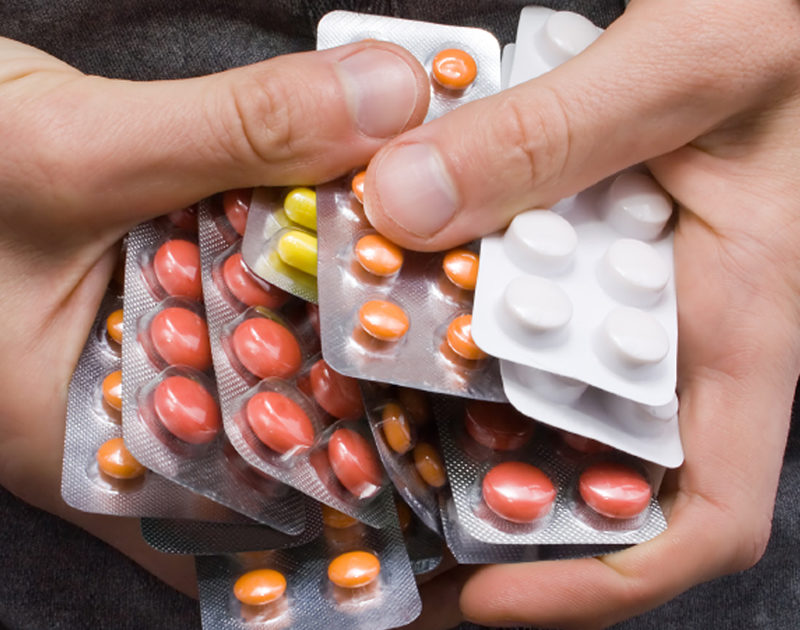

Symptoms and Complications
We become dependent on a substance physically, psychologically, or both at once. Physical dependence involves the development of tolerance to a substance. It means that the body requires quantities of increasingly important substances to get the same effect it had initially. The stop taking the substance triggers craving symptoms that include tremors, headaches, and diarrhea. The judgment of a substance can even be dangerous to human life. problems of mental or psychological, such as depression and anxiety, may also appear during withdrawal. Some people may be physically addicted to a substance without psychological factors (drug) intervenes, in particular, when the substance is used as part of a valid medical condition.
Psychological dependence is a sense that the substance is necessary for the well-being and functioning of the person. These people often experience a craving for the addictive substance, to the point of giving the greatest difficulty to obtain it and relieve their lack. The substances that create psychological dependence act on the brain and produce one or more of the following:
- mood changes (e.g., euphoria);
- decreased anxiety;
- effects on the senses (e.g., vision, hearing, etc.);
- the feeling of being with superior skills.
Complications related to drug abuse abound. The substance can cause physical problems such as liver disease, lungs, heart disease, vitamin deficiencies, and brain damage. Some substances are the cause of birth defects, while others can damage the immune system and increase the risk of infections. People who take amphetamines are at risk for heart attacks, strokes, severe anxiety, and paranoia problems. Hallucinogens, because they distort reality, can make people temporarily psychotic or make them try things impossible to do, like stealing, for example. Conditions such as AIDS or hepatitis, which are transmitted through shared syringes, are another possible consequence of substance abuse. Overdoses of certain substances can even cause death.
Substance abuse can also generate social impact and affect work, family, and relationships. People who neglect their families generate social problems for their spouses and children. They can go to commit criminal acts, including fly for the purposes of personal consumption. Driving under the influence of substances can cause death or injury to self or others. The substances may alter the perception of reality and cause apathy at work or school. A pregnant woman with a problem of substance abuse can generate a dependency inside her fetus to the substance it consumes.


Diagnostic
Urine and blood tests are used to detect the presence of substances, but can not distinguish between simple use and abuse them.
The following behaviors are significant substance abuses:
- not being able to stop or reduce the use of substances;
- feel guilty or be defensive when someone commented on the use of substances;
- feeling guilty about substance use;
- using substances in the morning while waking up.
If you think you or someone you know might have a problem with substance abuse (alcohol, drug, or illicit drugs), contact your doctor, local support group, or community center for advice. You will probably be referred to a counselor who will assess your situation and help you decide if treatment is needed.
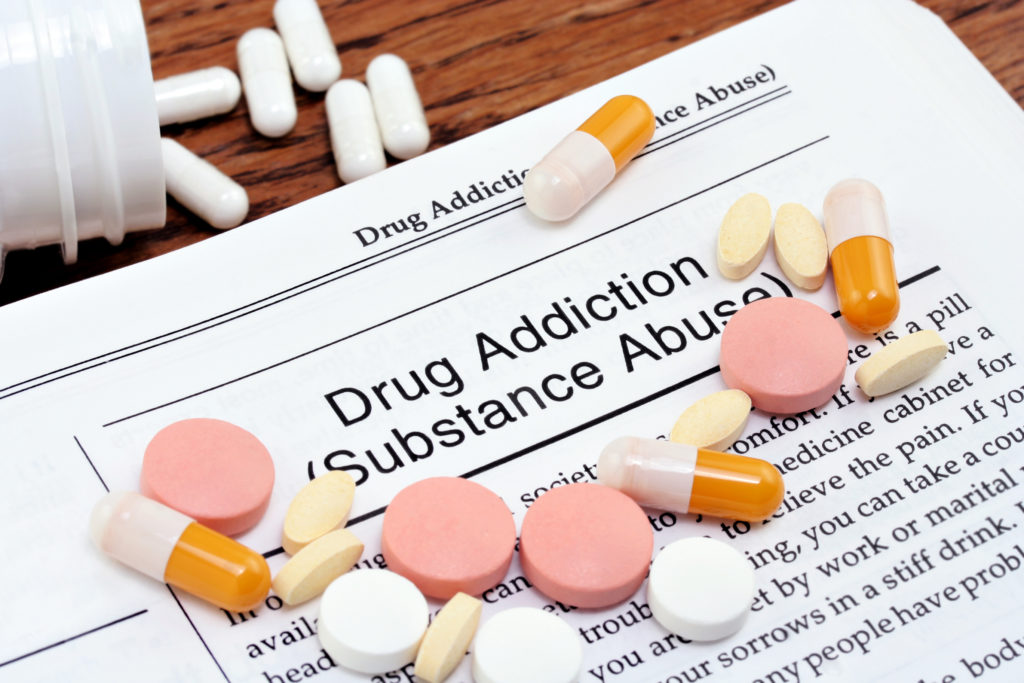
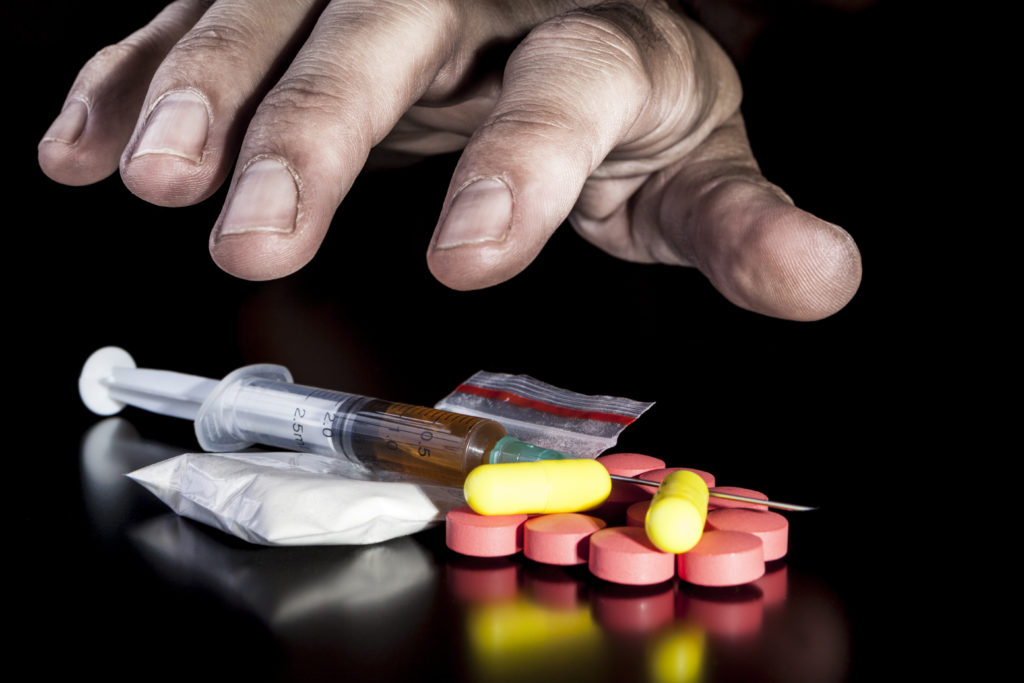
Treatment and Prevention
The problems of substance abuse are treatable. It may be that the treatment takes a few weeks or months, and recurrences may occur, but the treatment is effective in the long term for many people. There are various treatment options. The treatment plan depends on the needs of the person and takes into account the importance of the problem, the person’s support network, and the person’s motivation to start treatment. The plan will possibly be modified to adapt to changes in the person’s needs. Treatment may include support groups, treatment against the withdrawal or reduction of damage to people who are not ready to stop taking the substances involved completely.

Some medications can also be part of the treatment plan. It is possible to give naltrexone, a drug that helps reduce the craving for alcohol or acamprosate, a drug used to restore the balance of certain chemicals for people experiencing substance abuse problems. In some cases, using other drugs to treat withdrawal symptoms. During withdrawal of substances, the person is gradually weaned, receiving increasingly small doses. It is also possible to give it less harmful than those to which she is accustomed substances. For example, it is often prescribed methadone to people addicted to heroin. Methadone is not as harmful to the brain as heroin or other narcotics.
The treatment plan almost always involves counseling. This treatment helps the person understand their problem of substance abuse and to develop effective methods to address the problem. Several types of treatment services are available depending on where the person lives. Some programs are based on a community and require that the person who lives by them moves at a regularly processing center. Other programs greet people in a treatment center for a while. The types of services and treatment approaches may vary between programs and centers, and a person with a problem of substance abuse should feel comfortable with the approach used by a program or center.
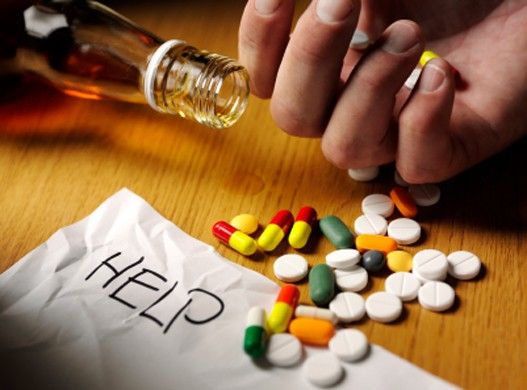
During recovery, many people will suffer relapses. One must consider these as temporary setbacks that can serve as a lesson (e.g., What element triggered the decline and what strategy should be adopted to avoid this element in the future). Overcoming each relapse brings the person closer to recovery. The road to recovery can be long for some, but it exists.
Several prevention programs (e.g., In schools, by families, and the media) have shown that it is possible to prevent problems of substance abuse. When help young people understand the risks associated with this disorder, substance abuse is reduced. Encouraging communication within families helps reduce the risk of seeing the problems of substance abuse. Talk to your family members about alcohol and other drugs. If you are not sure how to address the issue, contact your doctor or community health center for information and inform you about the resources.
